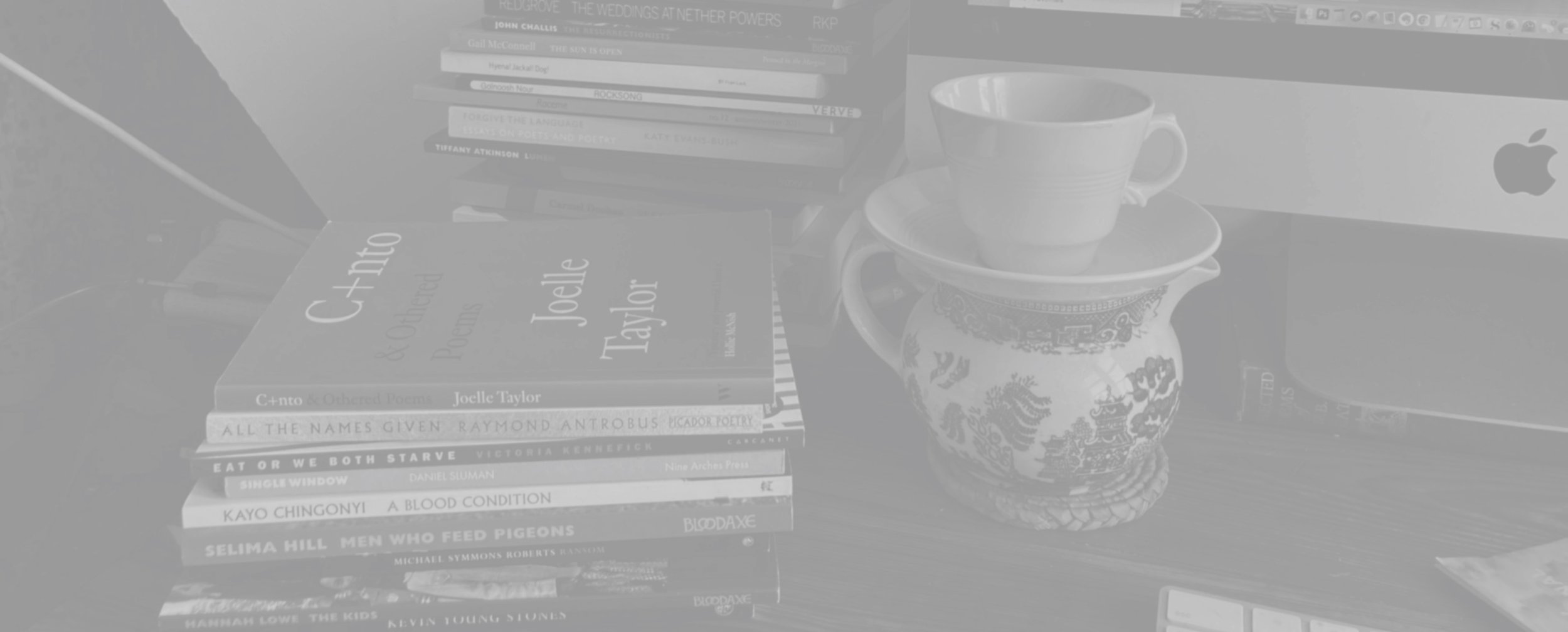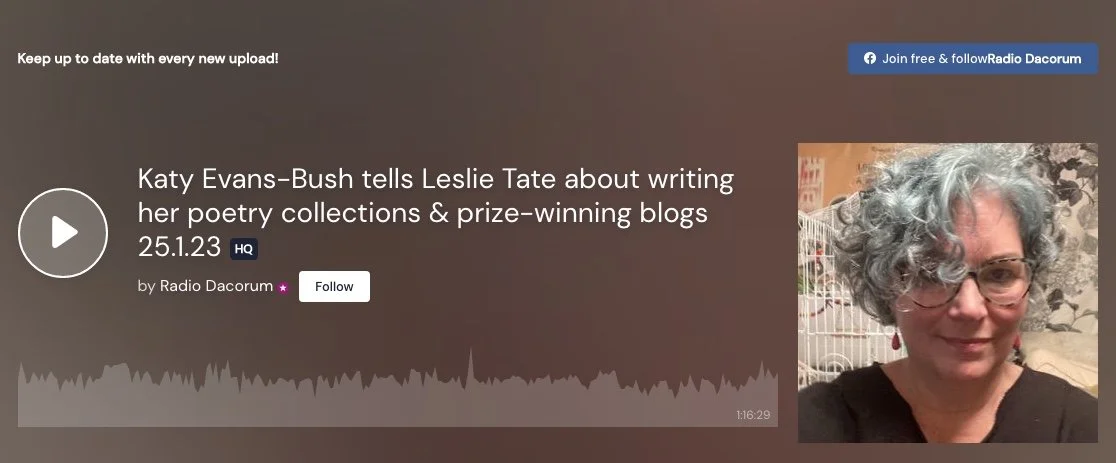Prose online:
Donald Trump’s Plastic Versailles
The world had 18 months to get used to Donald Trump, before the shock of the election result; it turns out what we weren’t ready for was his apartment. Just days after winning, the president-elect and his would-be British middleman, Nigel Farage, stood beaming together in Trump’s private elevator – a lift so gold, so garish, so glaring, that it could have come with an epilepsy warning. The internet shielded its eyes and began to get the picture...
TS Eliot prize row: is winner too young, beautiful - and Chinese?
Poet Sarah Howe’s 2016 TS Eliot prize win has been questioned by a sexist and sceptical literary press, but as the activity around the #derangedpoetess hashtag shows, we poets have had enough.
The Tawdry Halo of an Idle Martyr: reading Louis Macneice's Autumn Journal
What would MacNeice have made of our own current readiness to curtail our civic freedoms for the perceived greater good? Or the way in which language itself is being used as a weapon in the War on Terror? Ultimately each of us has a conscience, and it is how we use it—precisely, our right to be private citizens in our new global context—which is under discussion now.
An animated dispute in Egypt
On Saturday a cartoonist will find himself in court in Cairo, facing a possible two-year prison sentence for writing a graphic novel. It's not just any graphic novel – it happens to be the first graphic novel in Arabic…
The Many Truths of Michael Donaghy
Michael spread by talk and example a feeling for poetry as a vital dialogue with the world around us, with other poets, with the canon, with form. .. He used to say that every poem written changes the canon in some slight way, just a miniscule shift of its balance-that in writing a poem you have a duty to consider the ones that came before it. This makes sense; the reader has some of those other poems in his or her mind, after all; but it was also about keeping faith. In terms of his own work, this translates into a feeling that working within a form creates a “serendipity” via which the poem happens “by negotiation with a resistant medium.”
Essays
Interviews
The Music of Poetry that Reaches Something Inside the Reader
Interview with Leslie Tate, November 2022:
“Writers are all in conversation with each other, throughout the ages, and with their readers. I think I had seen this by the time I was about five, and knew it was what I was for. And within that conversation, though I’ve always loved novels and stories, I think I had worked out that I was (at least also) a poet by the time I was about ten. I’ve always known I was a writer…. It’s important to work under the radar. We’re truth-tellers, even if (and especially because) it’s our own partial and flawed truth. If you’re lucky you hit the main seam — the main beam — a few times in your life.”
How I Wrote ‘From Lines by Kenneth Patchen #13, Poetry Wales, September 2022:
I think that your line-breaks are masterful bringing surprise and tension to the lines. Do you think that your American influences are showing up there?
…. I write largely by ear. In my teens I was obsessed with Mozart, and folk music (from Appalachian to Steeleye Span), and I’m absolutely sure that both of these taught me about pacing and register and the tonal possibilities of form. Just in terms of this set of poems I’m writing now, the way I’m using line breaks is integral to the restlessness, confusion, pain, and rage that are driving the poems — and sometimes just the sheer absurdity of trying to make sense.
Interview in Writer’s Digest (with a poem)
April 2009:
“A blog is a great way to lay out your stall – if you have one to lay out: this is the "having something to say" caveat. You can use your blog to position yourself, identify and deepen your aesthetic (or other) stance, work up material even. You can establish your credentials as someone who can, for example, write reviews; editors might take you more seriously because they can see you are seriously engaged in the cultural dialogue. But this will only work if you really are engaged…
And you have to love your blog. You need to work long and hard at internet-networking, registering on blog directories, reading other blogs and commenting, building up a blogroll you can stand by, getting to know the landscape, working out RSS feeds… It all takes time. I don't want to put anyone off, but I really don't think it is for absolutely everyone and no one should feel they have to write a blog…
The third benefit, of course, is your readers. Mine are wonderful. I'm always amazed by the great comments they leave. Such interesting people; I really think I have the best readers in the world. I love them. And I'd never have had them without writing my blog!”
Talking Poetry with Katy Evans-Bush
Hackney Citizen, June 2012:
Blogger, published poet and self-proclaimed conversationalist Katy Evans-Bush was recently shortlisted for the Orwell Prize 2012.
She explains that after spending a year reading blogs, researching, “looking for a blog that was poetry-related, but not just revising poems, or somebody complaining about not being published,” she realised there was a gap in the online poetry world.
“I thought it would be really boring to just publish my own poems on a website,” she continues….
By this point she had already begun sharing her political views, her comic tales, her poetry and her critical perspectives on poetry on Baroque in Hackney.
“I never set out to fill a niche,” she says. “I just did what I was interested in. But then I realised that no one else was doing it and so I had a sense of responsibility.”

Baroque in Hackney is no longer.
But I’m back online, in A Room of Someone Else’s. Intermittent posts on arts, culture, politics, the odd funny story (I hope) and updates from the cost of living crisis.
“I'm a poet, essayist & blogger starting a new life after being forced from my home by rising rents. My book on homelessness, displacement & precarity will be published by CB Editions. In the meantime, here's where I'm writing about my new world.”
If you have experience of homelessness or precarity and would like to be on the paid email list, please let me know.

